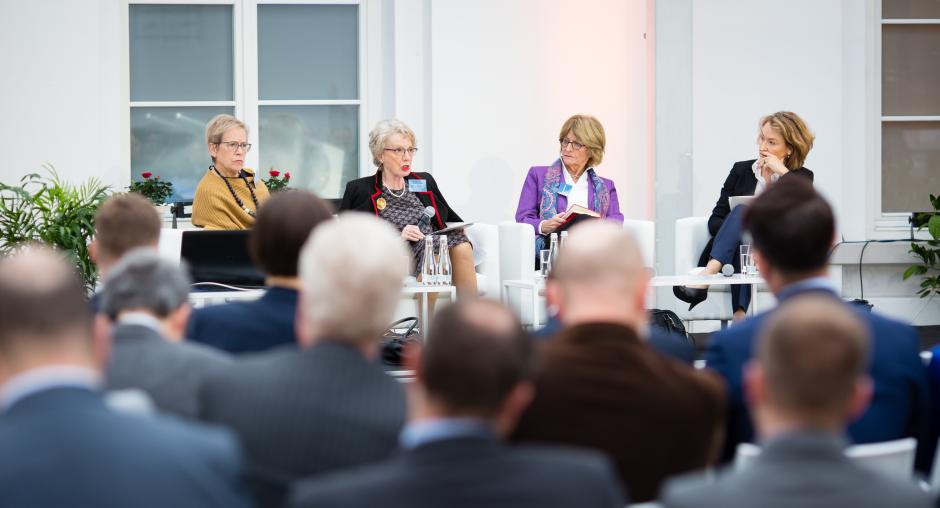Increasing professionalism and impartiality of international election observation the focus of ODIHR-hosted meeting in Warsaw

New trends in elections and international best practices for observing them were the topics of a high-level panel discussion during an annual meeting on the implementation of the Declaration of Principles for International Election Observation, which was hosted by the OSCE Office for Democratic Institutions and Human Rights (ODIHR) in Warsaw on 20 and 21 November 2019.
During the meeting, representatives of 28 endorsing organizations reaffirmed the values and importance of international election observation and discussed ways to increase professionalism and impartiality in this field.
“The 2019 Implementation Meeting is a unique opportunity for organizations with established methodologies for election observation to reaffirm our common principles and learn from each other’s experiences,” said Ingibjörg Sólrún Gísladóttir, Director of ODIHR. “Regular exchanges of good practice among partner organizations help international election observation remain relevant in a fast-changing world.”
The event featured six thematic sessions focusing on the follow-up to electoral recommendations, the electoral participation of people with disabilities, the use of technology in elections, the role of social media, electoral justice and citizen observation of elections.
The Declaration was originally signed by 22 organizations at a ceremony hosted by the United Nations on 27 October 2005 and led by then-U.N. Secretary-General Kofi Annan, former U.S President Jimmy Carter, and NDI Chairperson and former U.S Secretary of State Madeleine Albright. It has by now been endorsed by 54 organizations, including ODIHR.
Organizations that have endorsed the Declaration and the accompanying Code of Conduct pledge their commitment to assuring integrity and transparency in international election observation. They agree to use these documents as guiding principles in their work, looking to them to address key issues such as the purpose, scope and conduct of missions and the importance of harmonizing assessment criteria among groups.
